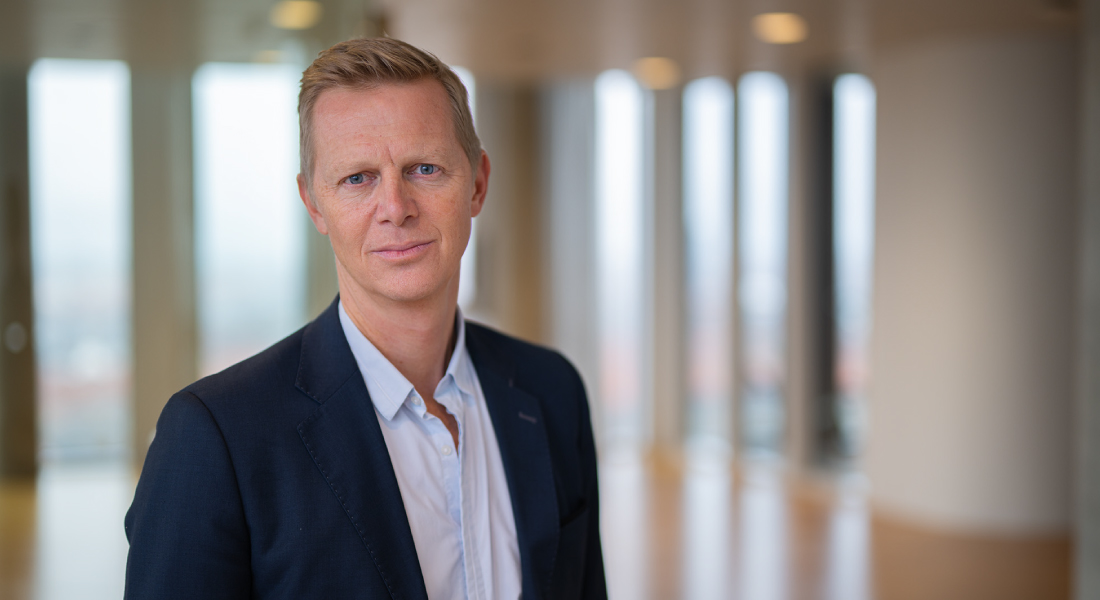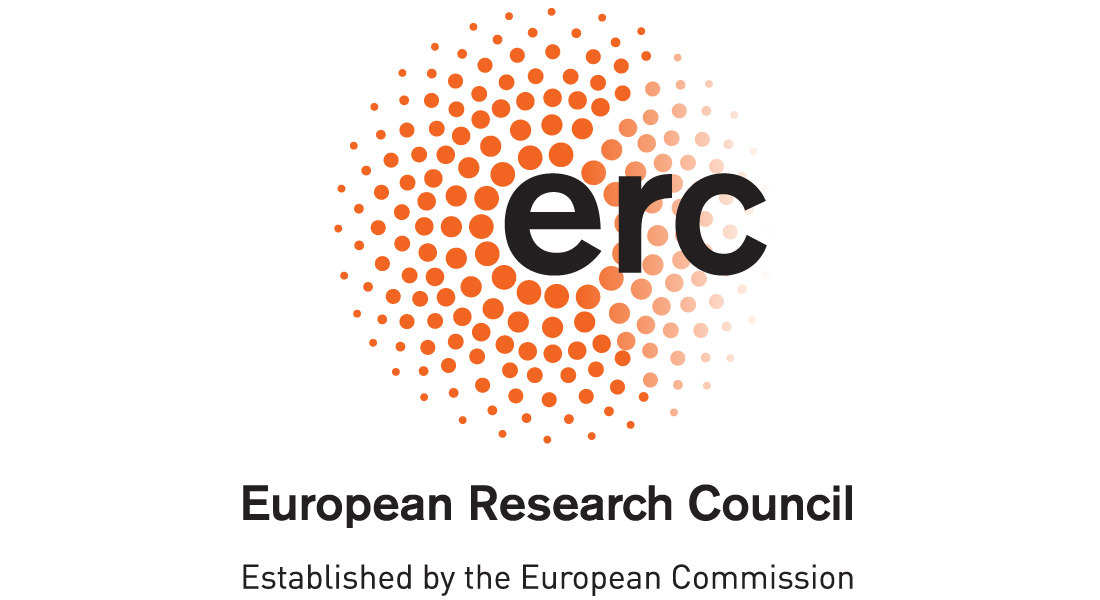Professor Klaus Høyer awarded prestigious ERC Advanced Grant
Professor Klaus Høyer and his group have also been awarded a 2.5 million euro grant by the European Research Council (ERC). These funds will be used to focus on the implications of sharing sensitive health data across borders and how individuals and health professionals view and experience such exchanges. How will new ways of exchanging and using data affect health care systems?
“This five-year ERC grant is great news for our research. In our previous ERC project, we specifically looked at the factors driving the integration of health data infrastructures and how it was affecting the healthcare system at a national level. The new ERC grant will enable us to work on a transnational level,” says Professor Høyer. He is a principal investigator for reNEW’s PREPARE theme at reNEW’s Copenhagen node.

There are many private initiatives underway, but there are also massive public investments. This is particularly true at EU's level. “Not many people know it, but there is a process underway to create common data standards for electronic medical records across the EU, so that all data from all countries can be reused by anyone requesting access through the so-called European Health Data Space (EHDS),” Professor Høyer adds.
Their research will explore the driving forces behind this development as well as the implications for health care systems, health professionals, and citizens. “We want to understand how citizens and health professionals experience the new complex ways in which data is exchanged, how individuals experience or view such increased exchanges of electronic medical records as well as research data,” Professor Høyer explains. “Will cross-border data sharing of their health data for example impact their trust in the health care system and alter the relationships between patients, practitioners, and researchers?”
With this grant, Professor Høyer hopes to contribute to PREPARE’s efforts to understand the social impact of data-intensification, and to create more socially robust ways to implement frontier medicine.
Read more about their research here: https://bit.ly/3Ub3Dnp

